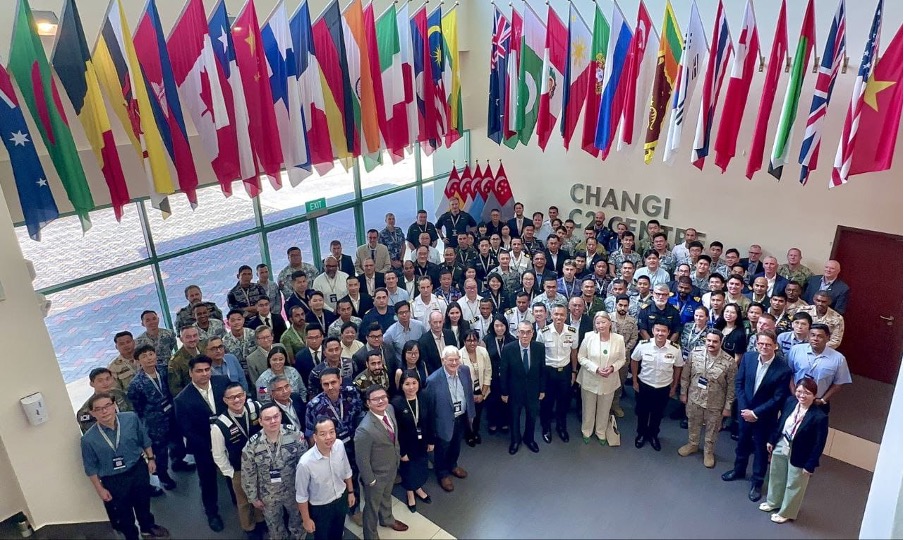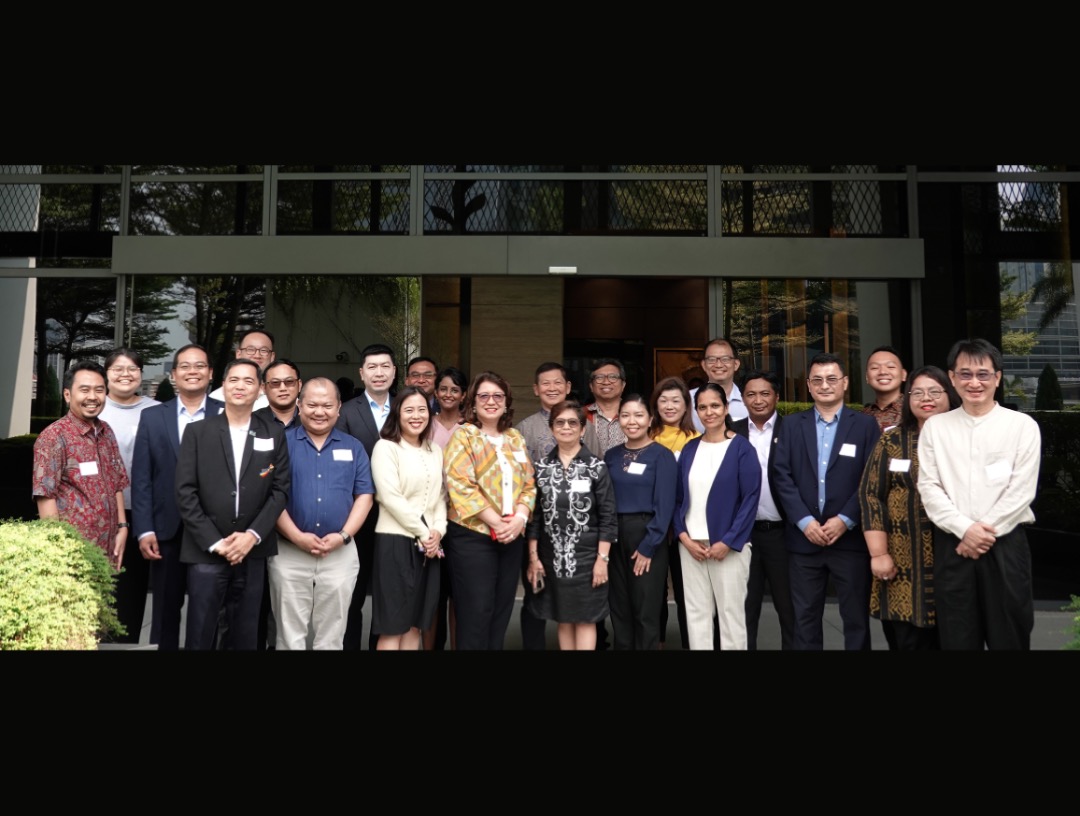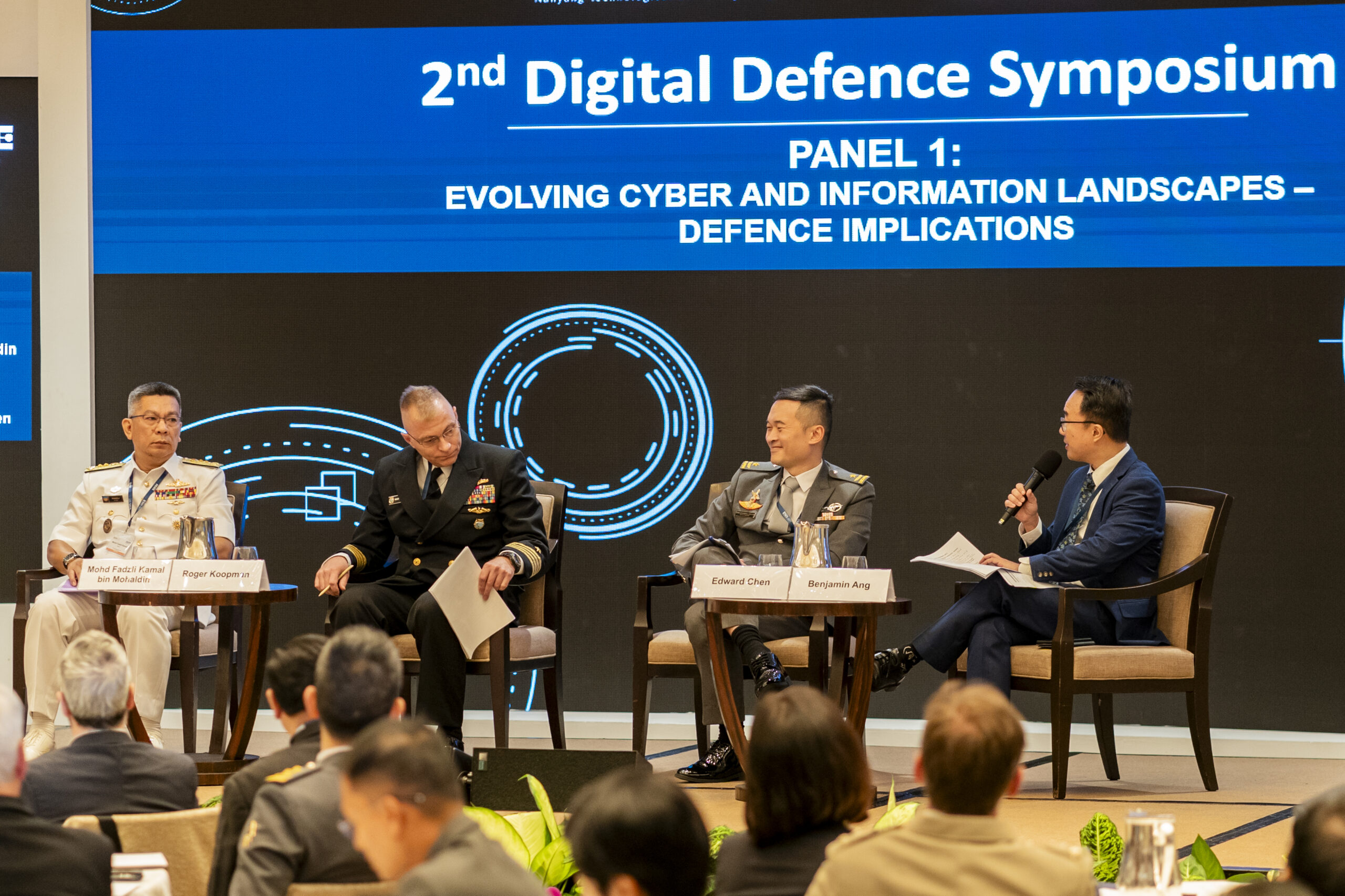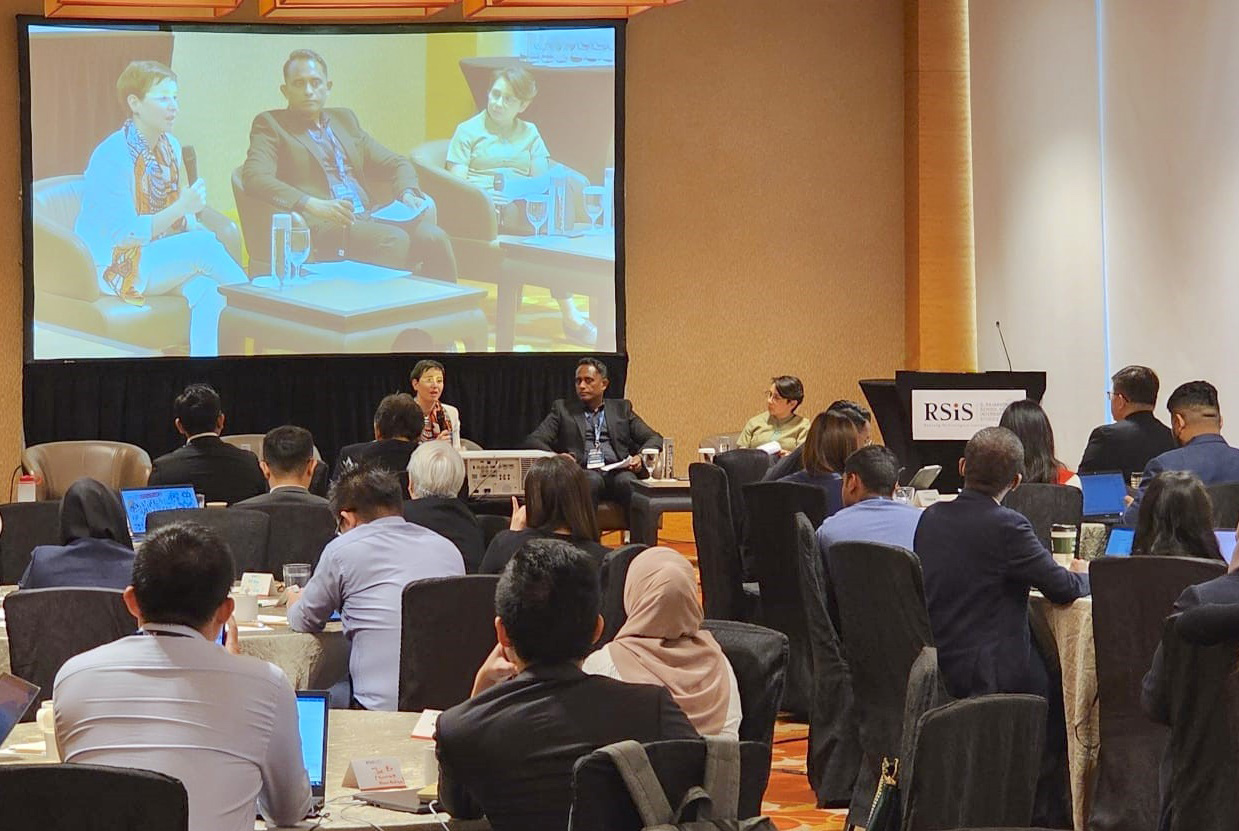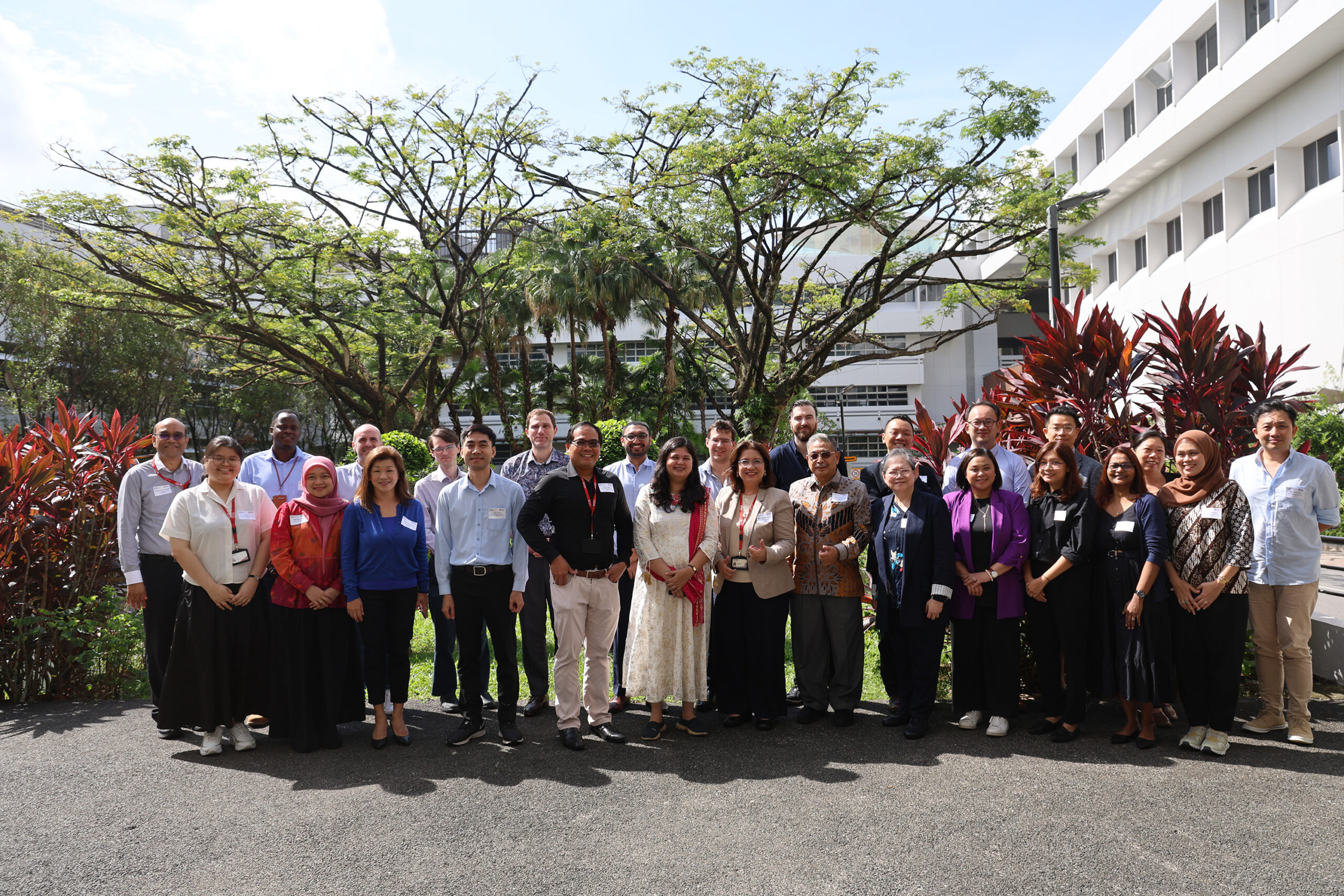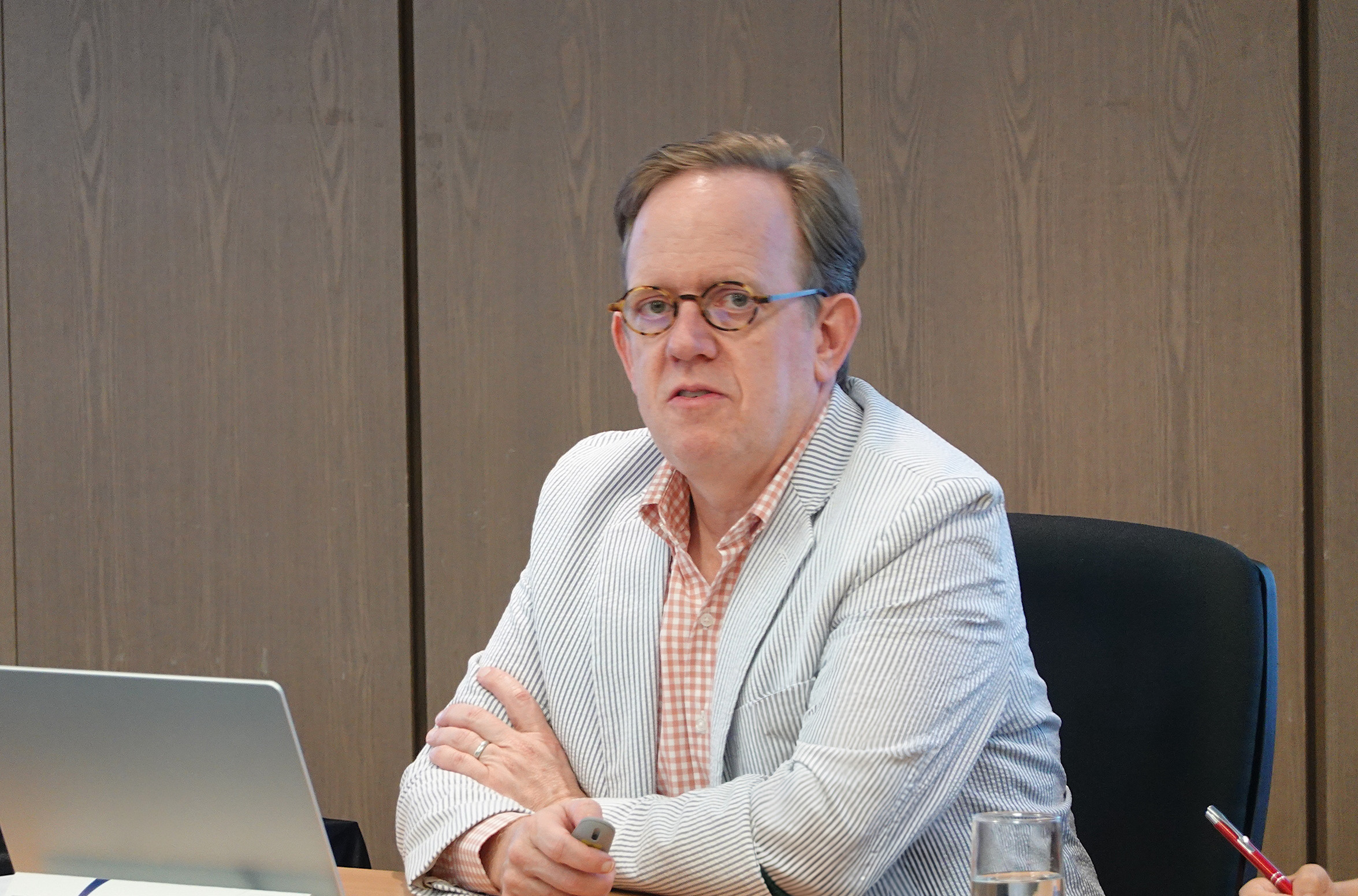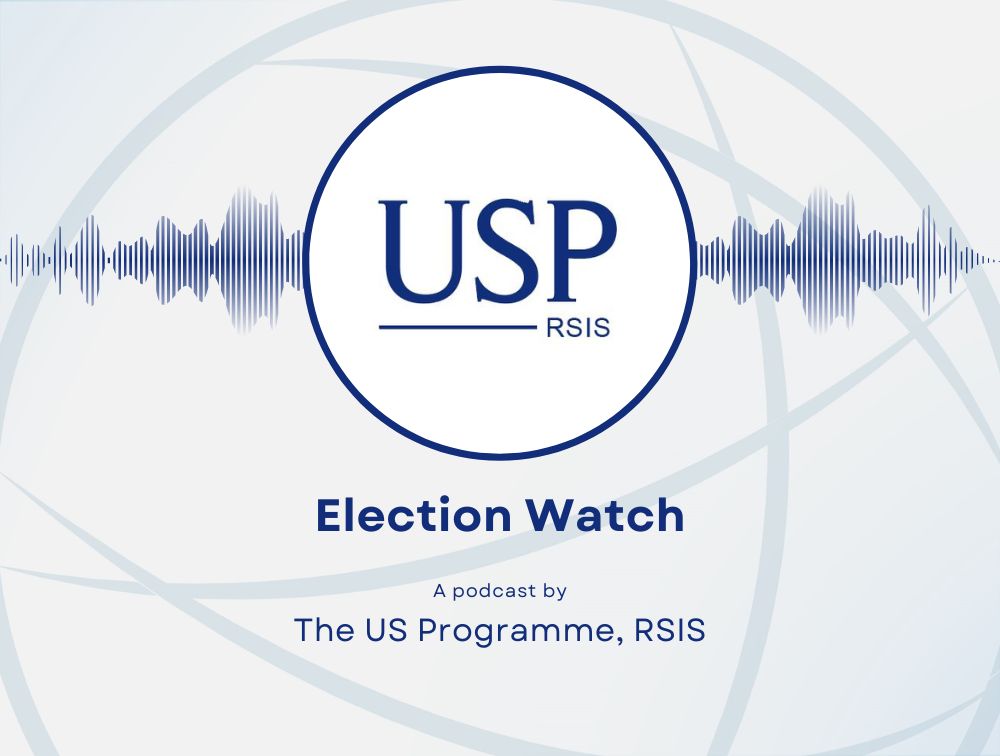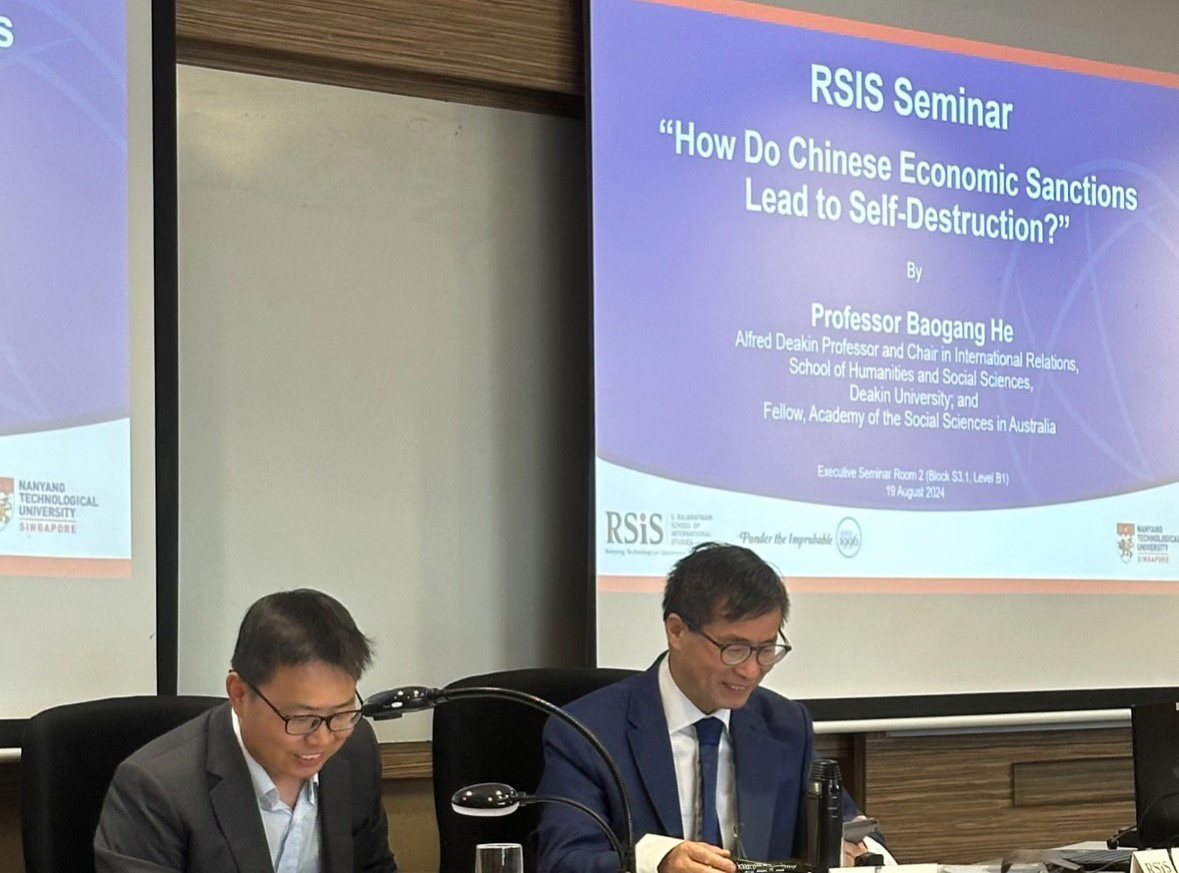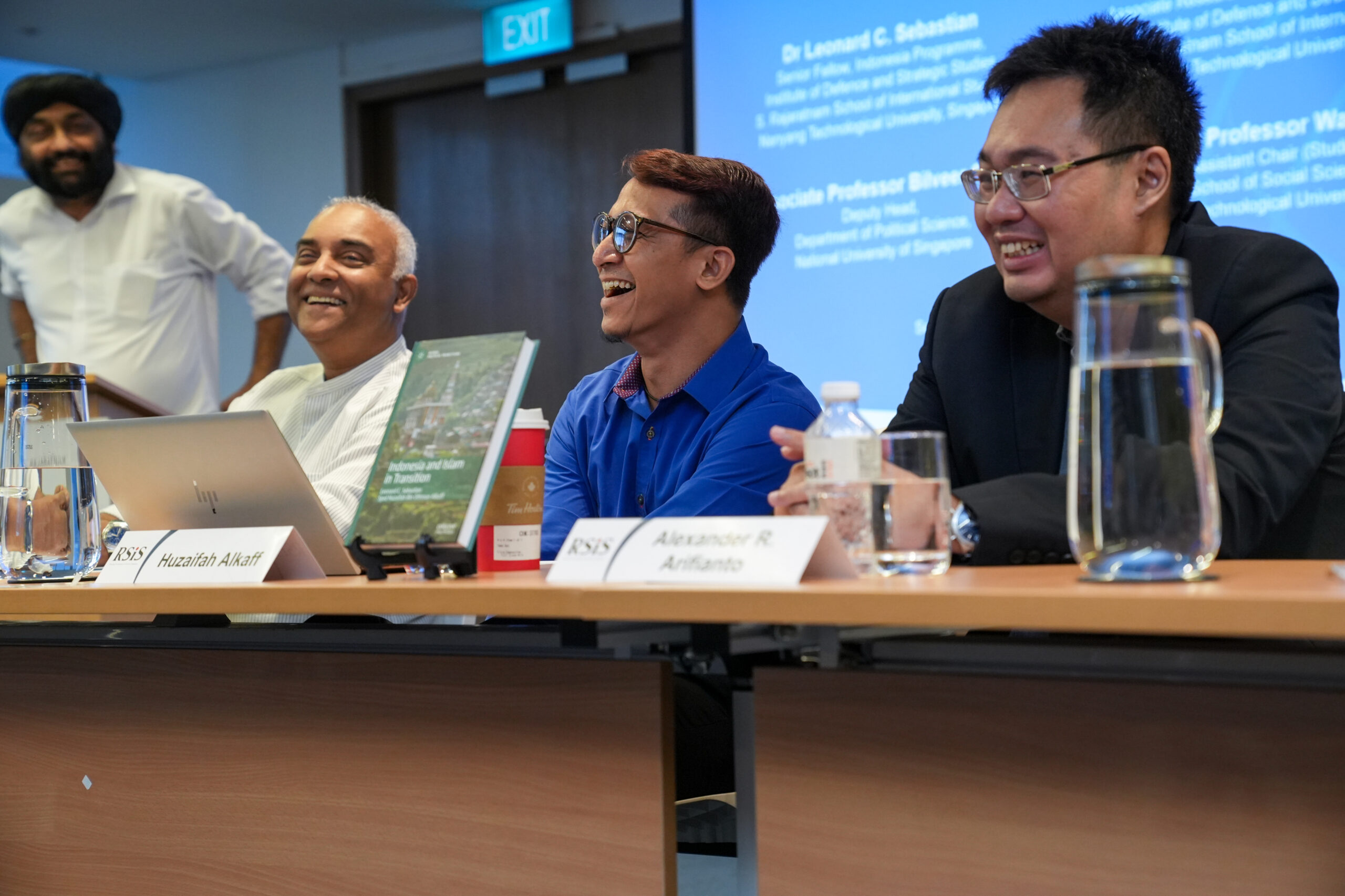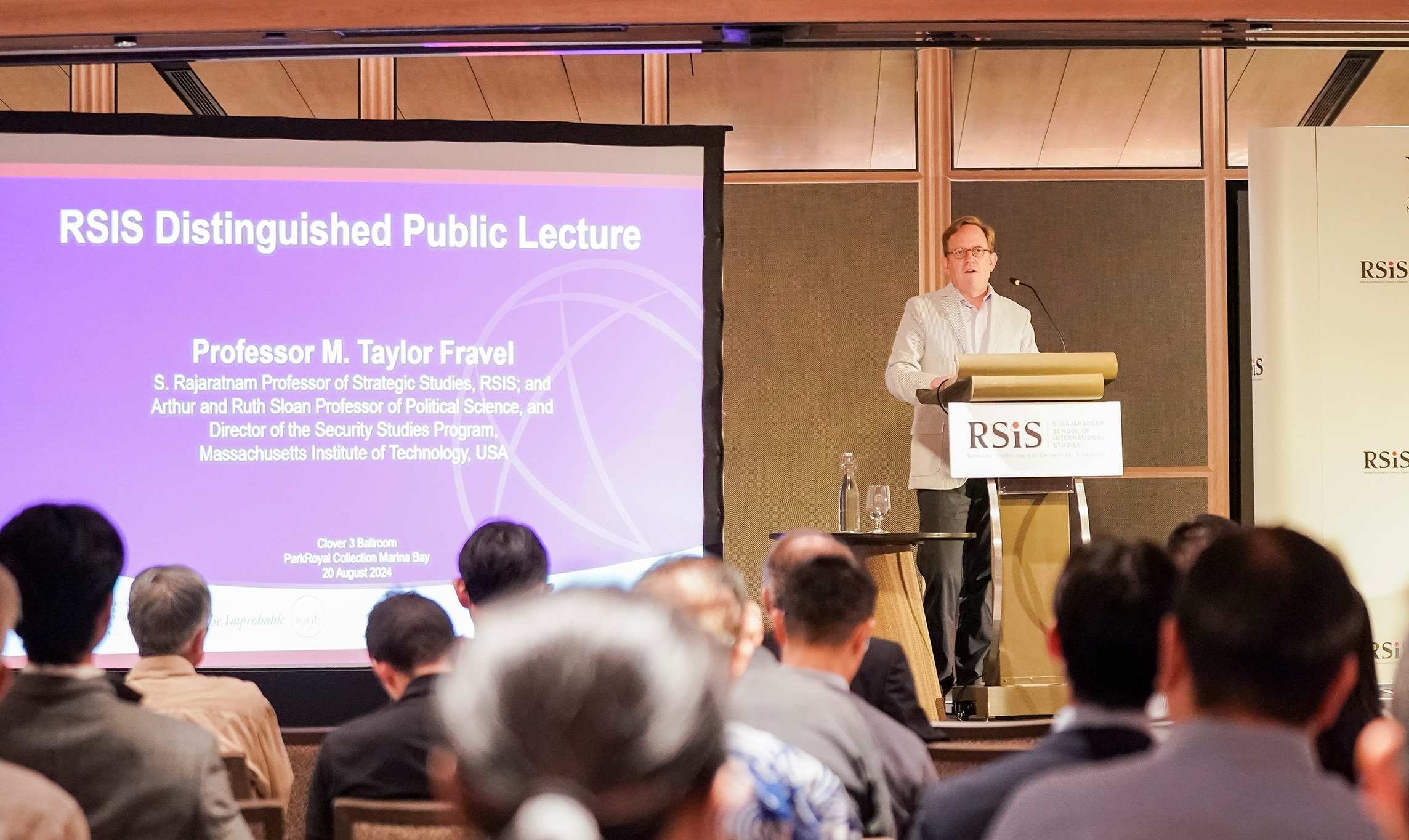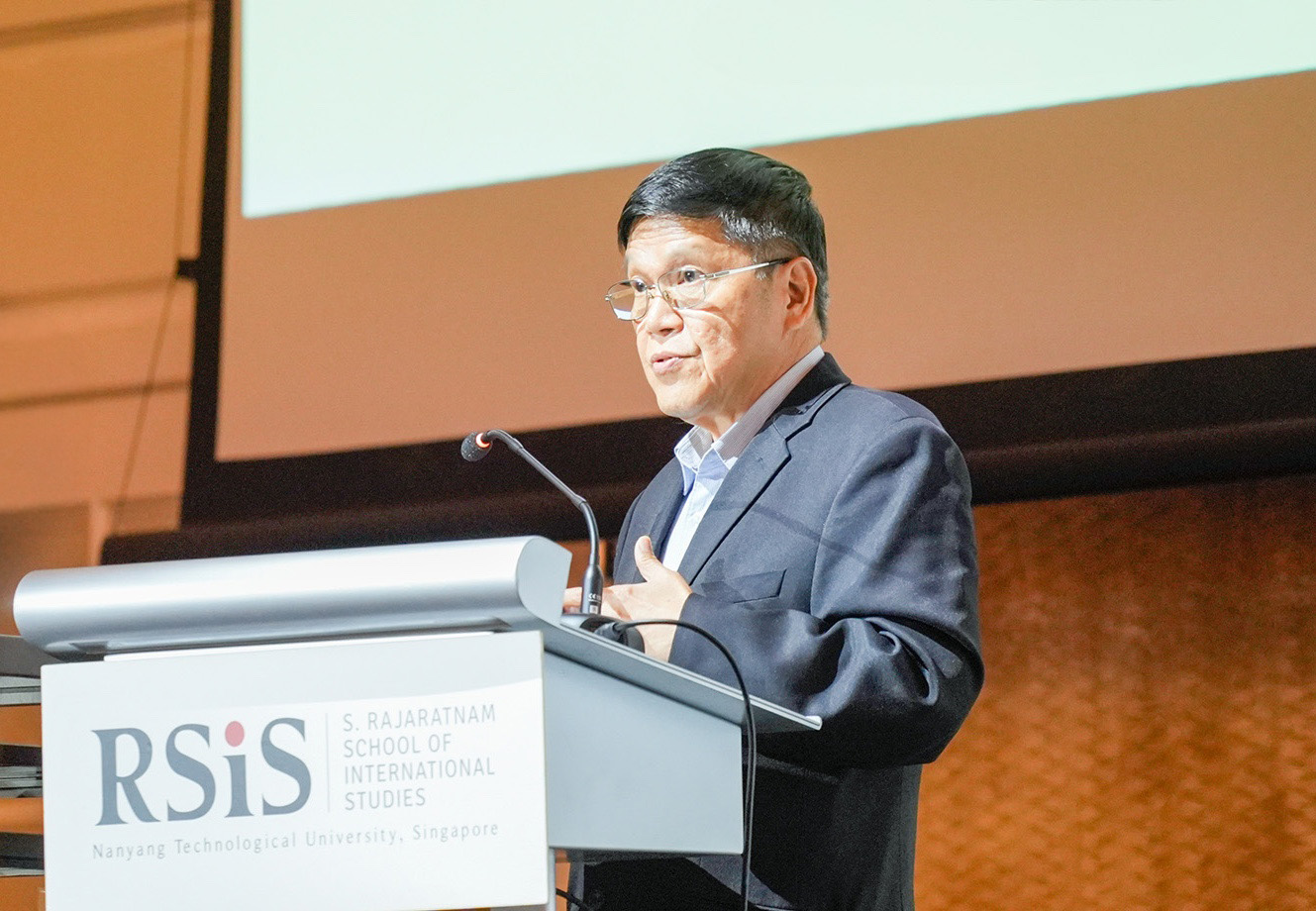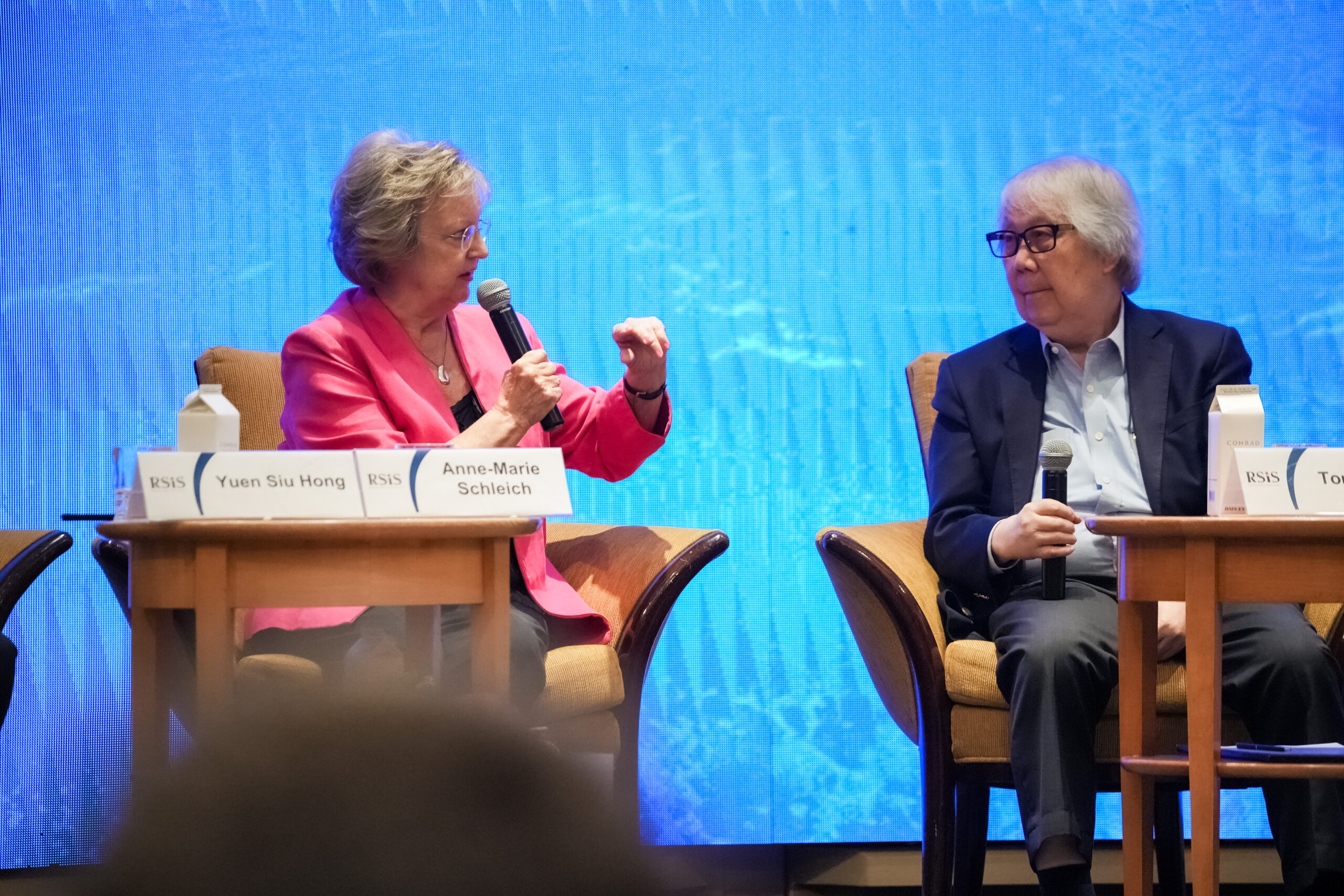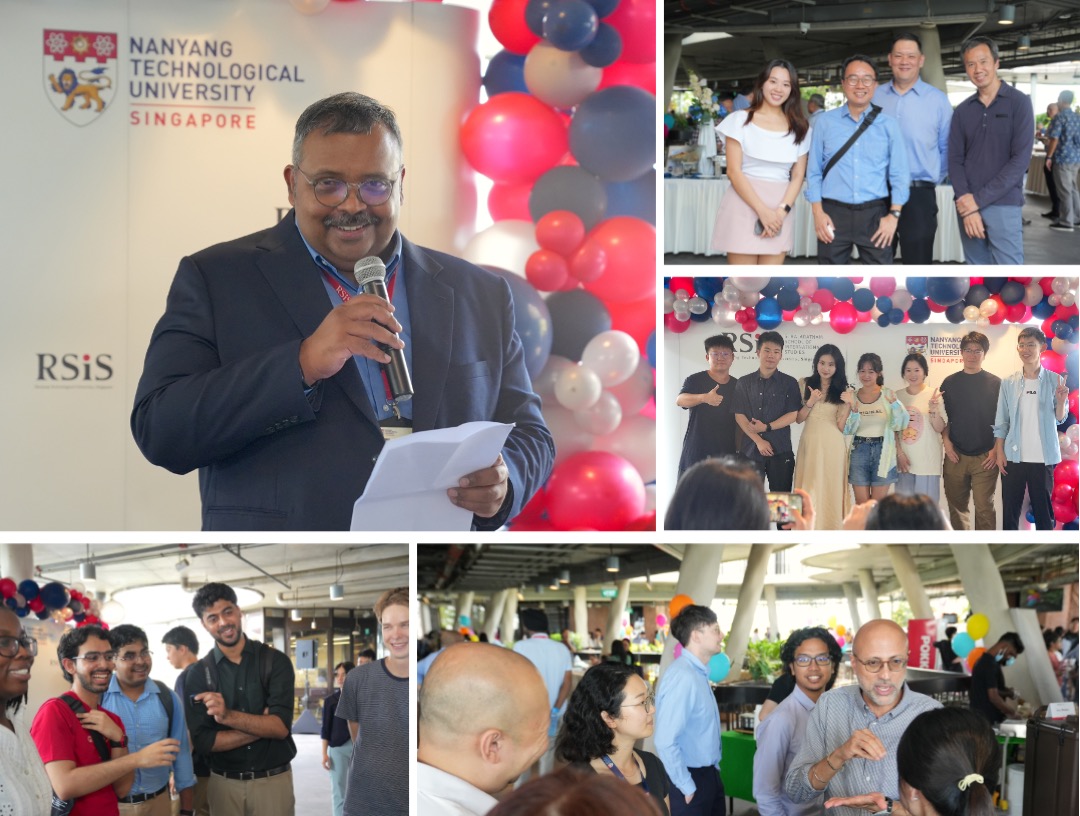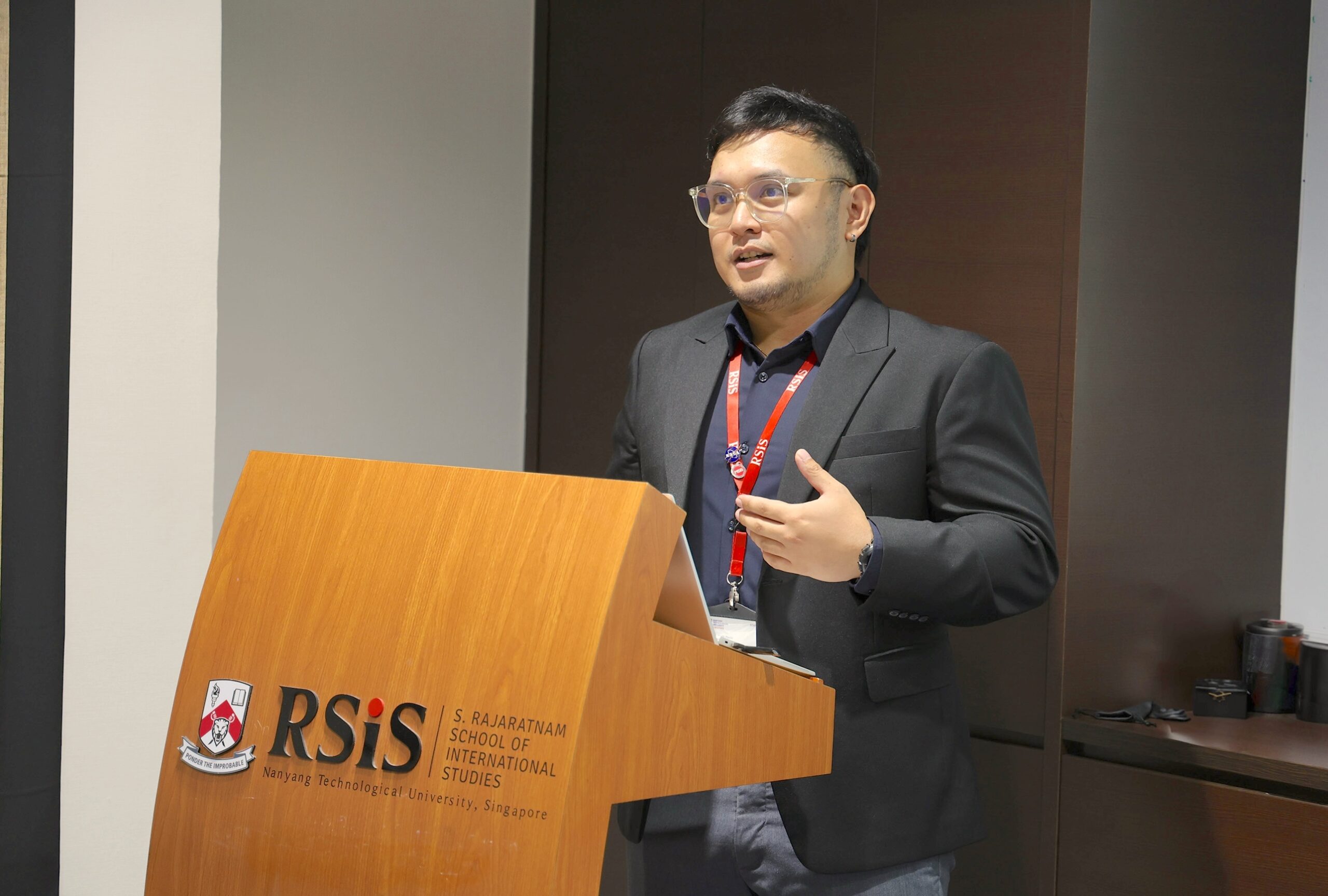
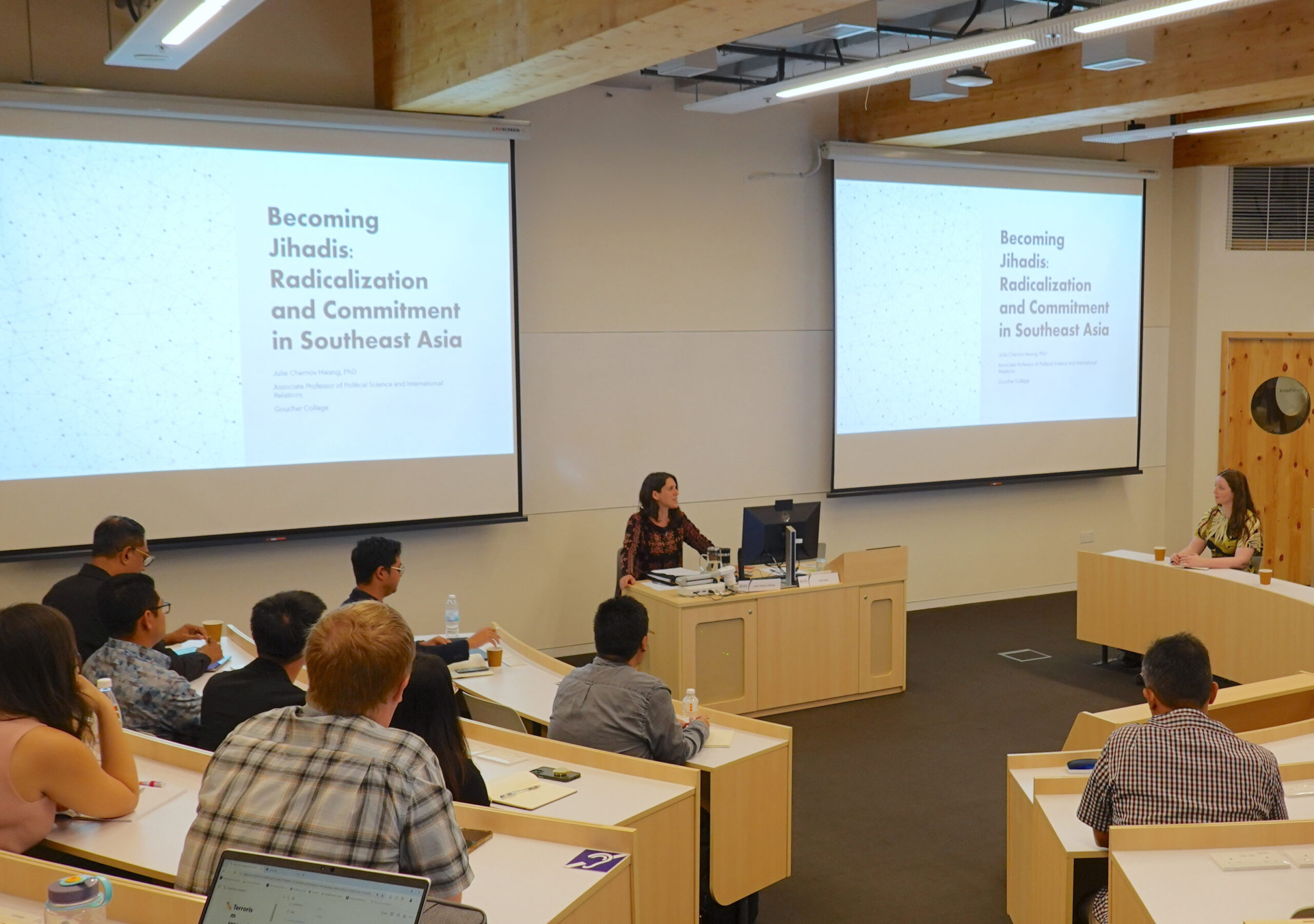
Dr Julie Chernov Hwang, Associate Professor of Political Science and International Relations at Goucher College, Senior Research Fellow at The Soufan Center, and Harry Frank Guggenheim Distinguished Scholar; delivered an RSIS seminar titled “Becoming Jihadis: Radicalization and Commitment in Southeast Asia” on 8 August 2024.
Dr Chernov Hwang began the seminar by highlighting two important issues. Firstly, she noted the prevalence of the Jihadi terror threat within the current regional landscape, emphasising that while counterterrorism efforts have led to a de-escalation of the threat over the past decade, these efforts must constantly succeed to maintain the status quo, while Jihadis only require a single success to significantly impact security in the region. Secondly, she highlighted the need for further training within Indonesia’s programme for repatriating foreign fighters, noting that as the programme moves beyond border assessments to its planned later stages, it will require psychological expertise from professionals who are trained in trauma therapy. Dr Chernov Hwang then pointed out that other countries within the Southeast Asia region, especially those with such expertise, should assist Indonesia in bolstering its foreign fighter repatriation program.
Turning to her own considerable research contributions, Dr Chernov Hwang explained the methodology utilised in her work. She focused particularly on her approach to interviewing former and detained jihadi militants, noting the importance of engaging in iterated interviews over prolonged periods of time, to establish trust between the interviewer and interviewee.
Dr Chernov Hwang then presented the data gleaned from her research work. The data was categorised by country, with radicalisation variables including financial incentives, seeking to improve Muslim lives, seeking knowledge, revenge, redemption, and experiences, amongst others. It also differentiated between internal and external pathways of radicalisation. She noted that her findings support arguments that it is not necessarily ideology that causes individuals to commit to jihadi groups, but rather social ties inherent within the individual’s society. This is especially the case when it comes to motivations for these individuals to stay within the groups for long periods of time.
The seminar concluded with Dr Chernov Hwang’s emphasis that the lessons learnt from both the conduct of her research, as well as its findings, are relevant for assessment and analysis of other militant groups, including those within right-wing extremist movements. In response to questions following her presentation, she noted that “lone wolfs” are exceptionally rare within jihadi radicalisation, noting that most radicalised individuals do so with access to some form of community. She also emphasised that deradicalisation does not happen via pulling out one set of views and forcing in another – rather, it must be a process that is worked through with nuance and over prolonged periods of time, hence the need for expertise and investment.






